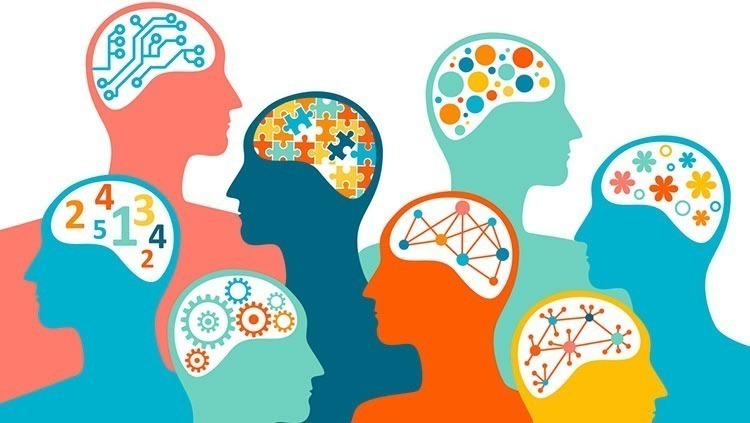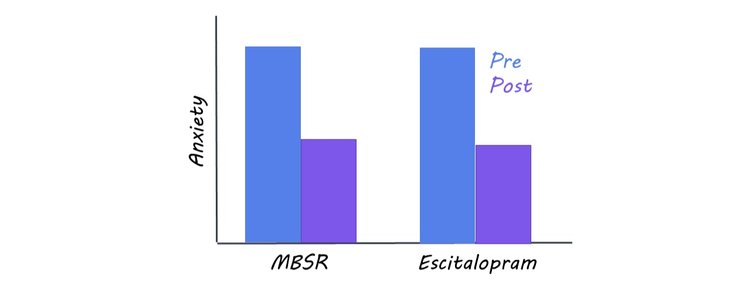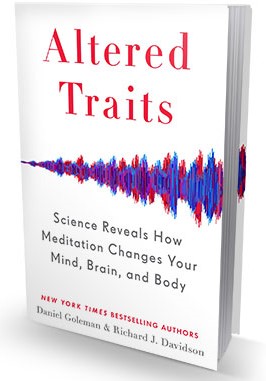Posts Tagged ‘Mindfulness-Based-Stress-Reduction’
On the 7 Habits of Highly Stress-Resilient Minds, cognitive screenings, anti-amyloid drugs, and more
Welcome to a new edition of SharpBrains e‑newsletter, this time covering the latest developments in stress research, meditation, virtual reality, anti-amyloid drugs, cognitive screenings, and more. #1. The 7 Habits of Highly Stress-Resilient Minds “Anything worth doing will have aspects of stress woven through: challenge, discomfort, risk. We can’t change that. But what we can change is…
Read More8‑week Mindfulness-Based Stress Reduction (MBSR) course found to be as effective as Lexapro (escitalopram) to treat adults with anxiety disorders, and with far fewer side effects
Anxiety is the most common psychiatric disorder, with over 301 million ?people affected around the world. Whether extreme anxiety arises in social situations, is triggered by a particular phobia, or manifests as a general unease in the world, it can severely affect people’s everyday functioning and lead to high levels of distress. Luckily, there are…
Read MoreOn Stress, Yoga Meditation, and The Evolution Revolution
In the Tale of Two Cities, Charles Dickens wrote: “It was the best of times, it was the worst of times. It was the age of wisdom, it was the age of foolishness…. It was the season of light, it was the season of darkness. It was the spring of hope, it was the winter of…
Read MoreStudy finds a key ingredient in mindfulness training: Acceptance (not acquiescence)
Life can be stressful. Whether it’s the stress that comes with having too much work to do in too little time, fulfilling caregiving obligations, or dealing with a major illness or setback, sometimes it can be hard to cope. In response to stress, many people today are turning to meditation or mindfulness apps (myself included). But…
Read MoreNew book by Daniel Goleman and Richard Davidson describes four reasons why long-term meditation can lead to profound improvements in our minds, brains, and bodies
Mindfulness meditation is everywhere these days. From the classroom to the board room, people are jumping on the mindfulness bandwagon, hoping to discover for themselves some of its promised benefits, like better focus, more harmonious relationships, and less stress. I too have started a mindfulness meditation practice and have found it to be helpful in my everyday…
Read MoreStudy: Mindfulness-based Stress Reduction (MBSR) and Cognitive Behavioral Therapy (CBT) beat usual care for chronic back pain
Study finds mindfulness meditation offers relief for low-back pain (NIH release): “Mindfulness based stress reduction (MBSR) and cognitive-behavioral therapy (CBT) may prove more effective than usual treatment in alleviating chronic low-back pain, according to
Read More





